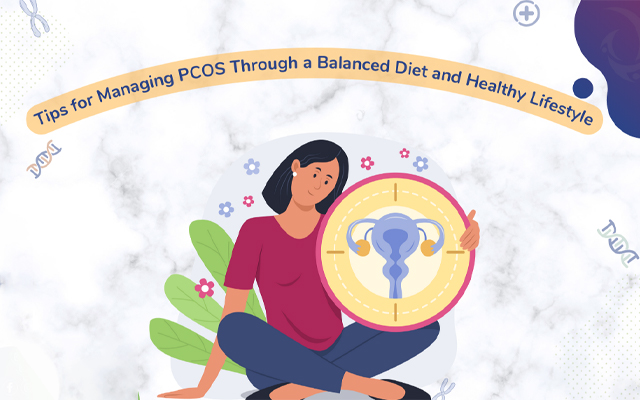Navigating Menopause: A Nutritionist's Guide to Managing Symptoms and Thriving Through Change
Menopause marks a significant milestone in a woman's life—a time of transition and transformation that can bring both physical and emotional changes. As a nutritionist, I understand the importance of supporting women through this journey with evidence-based strategies to manage symptoms and optimize health. In this blog, we'll explore the role of nutrition in navigating menopause and empowering women to thrive during this transformative phase of life.
Understanding Menopause: Menopause is a natural biological process that occurs when a woman's menstrual cycles cease permanently, typically between the ages of 45 and 55. During this transition, hormonal fluctuations, particularly a decline in estrogen levels, can lead to a variety of symptoms, including hot flashes, night sweats, mood swings, sleep disturbances, and weight gain.
The Role of Nutrition: Nutrition plays a crucial role in supporting women's health during menopause by addressing hormonal imbalances, managing symptoms, and reducing the risk of chronic diseases associated with aging. A well-balanced diet rich in nutrient-dense foods can provide essential vitamins, minerals, antioxidants, and phytonutrients to support overall health and well-being.
Key Nutritional Strategies:
- Balanced Diet: Emphasize whole, minimally processed foods, including fruits, vegetables, whole grains, lean proteins, and healthy fats. Aim for a colorful plate filled with a variety of nutrients to support optimal health.
- Bone Health: Calcium and vitamin D are essential for maintaining bone health and reducing the risk of osteoporosis, a common concern during menopause. Incorporate dairy products, leafy greens, fortified foods, and supplements as needed to meet your calcium and vitamin D needs.
- Heart Health: Estrogen decline during menopause can increase the risk of heart disease. Focus on heart-healthy foods such as fatty fish, nuts, seeds, olive oil, fruits, and vegetables to support cardiovascular health and reduce inflammation.
- Hormonal Balance: Certain foods, such as soybeans, flaxseeds, chickpeas, and lentils, contain phytoestrogens that may help alleviate menopausal symptoms by exerting weak estrogen-like effects in the body. Incorporate these foods into your diet to support hormonal balance.
- Hydration: Stay hydrated by drinking plenty of water throughout the day. Limit caffeine and alcohol, as they can exacerbate symptoms such as hot flashes and sleep disturbances.
Lifestyle Recommendations: In addition to nutrition, lifestyle factors such as regular physical activity, stress management, adequate sleep, and social support play integral roles in supporting women's health during menopause. Incorporate stress-reducing activities such as yoga, meditation, and deep breathing exercises into your daily routine to promote relaxation and well-being.
Consultation with a Nutritionist: Every woman's experience of menopause is unique, and individualized nutrition counseling can provide personalized guidance and support based on your specific needs, preferences, and health goals. A qualified nutritionist can work with you to develop a customized nutrition plan tailored to optimize your health and well-being during menopause.





